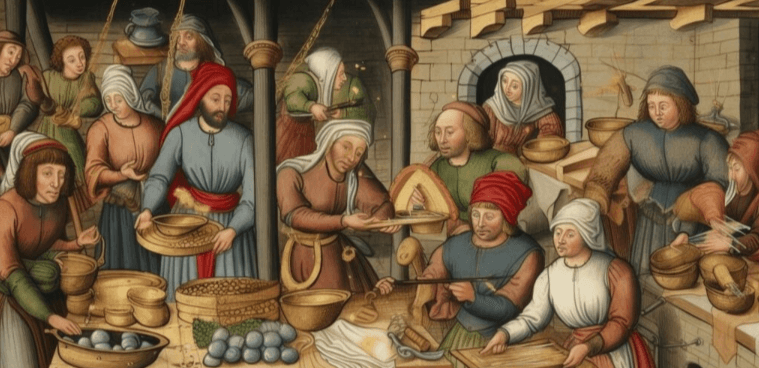A Medieval Lord Also Performed the Duties of a Modern

A Medieval Lord Also Performed the Duties of a Modern extend far beyond the romanticized notions of chivalry and battlefield prowess; they closely align with the functions we expect from modern leaders. These individuals managed not only military affairs but also presided over judicial matters, promoted community welfare, and ensured economic stability. Their multifaceted roles underscore a continuity in leadership dynamics that persists through the ages. As we examine these similarities, intriguing questions arise about the evolution of authority and governance. What lessons can contemporary leaders learn from the practices of their medieval counterparts?
Leadership and Authority
The medieval lord’s leadership and authority were paramount to the functioning of feudal society, serving as the cornerstone of political and social stability.
Their military leadership ensured protection, while adherence to feudal obligations reinforced the social hierarchy.
Effective land management and diplomatic relations were crucial for prosperity, and succession planning guaranteed continuity, further solidifying their role as pivotal figures in maintaining societal order and freedom.
Community Welfare Responsibilities
In addition to their roles as military leaders and authoritative figures, medieval lords bore significant responsibilities for the welfare of their communities.
They implemented social support systems, championed health initiatives to combat diseases, and facilitated educational programs to enhance literacy.
Furthermore, effective resource distribution ensured that essential supplies reached those in need, promoting a more resilient and self-sufficient society, reflective of modern community welfare objectives.
Legal and Judicial Duties
Upholding justice and maintaining order were paramount among the legal and judicial duties of medieval lords.
They presided over court proceedings, ensuring that disputes were resolved fairly and that noble rights were upheld.
These responsibilities not only reinforced the social hierarchy but also provided a semblance of order within their realms, reflecting the intricate balance between power and accountability in feudal society.
Read Also Logo:7c2sp7poxle= Redbull
Economic Stewardship Roles
Medieval lords held significant responsibility as economic stewards, overseeing the intricate systems of land management and resource allocation within their domains.
They regulated trade to ensure fair practices and fostered local economies.
Their decisions on wealth distribution directly impacted the social fabric, influencing power dynamics and community relations.
Thus, their stewardship was crucial for maintaining stability and prosperity in medieval society.
Conclusion
In conclusion, A Medieval Lord Also Performed the Duties of a Modern of a medieval lord resonate with modern leadership dynamics, akin to a tapestry woven with diverse threads of governance, welfare, and economic stewardship. The lord’s responsibilities, from presiding over judicial matters to advocating for community health, reveal an enduring framework of authority that transcends time. This historical analysis underscores the significance of these roles in maintaining social order and promoting equity, illustrating how the essence of leadership remains remarkably consistent across different eras.




